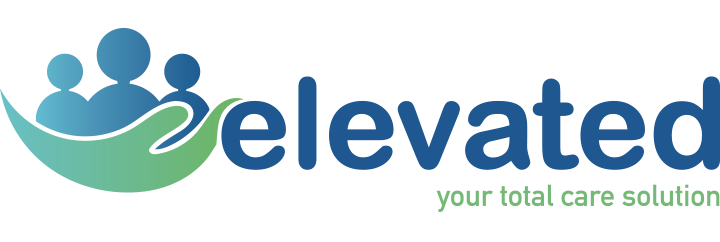Wanting to enter the workplace and not sure how to start? Worried that your disability will make it hard for you to get hired or thrive in a workplace? While getting a job can seem like an uphill battle for people with a disability, there are many ways for you to get to your dream career and become successful in your workplace!
Where do I start?
First, identify your strengths and interests. What skills do you have? What could be useful in the workplace? Things like being a hard worker and a quick learner are good, but other skills like coding, maths, or talking to people are also great. Think about the things you like. Maybe you love animals, or computer games, or painting. Your skills and interests will help guide you in deciding which jobs and workplaces will be suitable for you.
You should also think about your support network. You may have a teacher that is willing to be a mentor for you, or parents to give you advice. If you’re enrolled in a school, training institute, or university, there is usually a careers adviser that can give you some guidance on where to start looking and how to prepare. They might also have tips for you on how to communicate your circumstances and additional needs to your employer.
The most important thing to do in this stage is to set a long-term employment goal. What do you want to do in the future? This can be specific, like wanting to be a hairdresser, a teacher, a software developer, or a supermarket worker. Or they can be general, like wanting to work in the IT industry, or working outdoors, with animals, etc. This helps by giving you a clear destination to start working towards.

How do I get there?
The next step is to start breaking down your long-term goal into short-term goals. Identify the things you need to get to your dream job. For example, if you want to work at a kindergarten, you’ll need to do an Early-Childhood Education course, get a first-aid certificate, and so on. Do some research to see what qualifications or experience you’ll need to get you where you want to go.
Keep your goals realistic. It may not be possible for you to be a room leader in a kindergarten straight away, for example. But getting some experience as a teaching assistant or by helping a relative care for their child are good ways to get you closer.
Many jobs require you to have some sort of certification. This will mean undergoing a course of some sort. A course will provide you with the necessary workplace skills to help you succeed in the field you want to go into.
Other jobs require you to have some experience. Many schools and training institutions have work experience programs to help you get started, or you can also apply for internships. A great way to build up experience is volunteer work. Many industries have volunteer positions available.
Through volunteering, you can develop skills and learn about what it’s like to be in a workplace. For people who are not sure what they want to do as a job, volunteering gives them an opportunity to try out different industries and learn what they like and dislike, as well as what specific workplace supports they will likely need to do well in them. Volunteering not only allows you to practice communication and teamwork skills, but also can help you build your resumé. You can show potential employers certificates of involvement from your volunteering work as proof of experience or community involvement. If you volunteer at an organisation, it can also give them a chance to get to know you and potentially make it easier for you to be hired by them in the future.
Finding volunteering opportunities is easy. Your local council will have information on the volunteering opportunities specific to your area. Websites like Go Volunteer and Seek Volunteer also will have listings that you can filter by location and industry. If you have a specific workplace in mind that you’d like to volunteer at, check their website for information on how to apply.
Whether it’s a job, an internship, or a volunteer position you’re applying for, you’ll need a resumé and possibly a cover letter. Starting one from an empty page can be intimidating, but don’t worry! There are plenty of templates online. Stick with something simple and easy to read. The government’s Job Access site has some tips on how to build a resumé and write a job application. It could be useful to ask someone you know to read it over too once you have a draft.

While trying to find a job can be an intimidating or frustrating experience when you have a disability, don’t forget that there are support systems available to you. You can contact us at Elevated to help you with the resources you need for employment.
For more information on pathways to employment, or advice on how to get to your ideal workplace, please don’t hesitate to contact us at 1300 810 912



